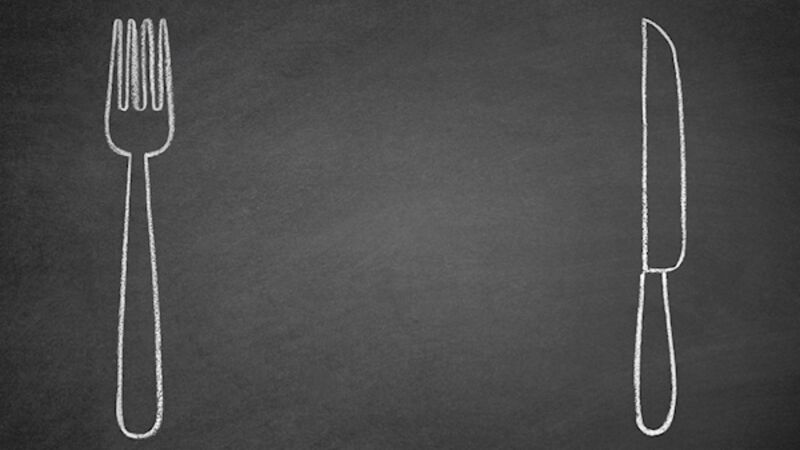Examine Yourself: Why superfoods do not prevent or cure cancer

When Dr Aoife Ryan, senior lecturer in Nutritional Sciences at UCC, speaks on the topic of nutrition for cancer patients, she finds that her presentation often has as many slides on myths as it has on facts.
There is just so much information online — much of it false — that cancer patients are very confused about what they should and should not be eating, she tells .











